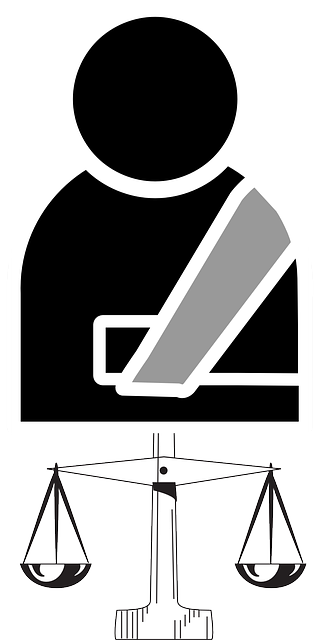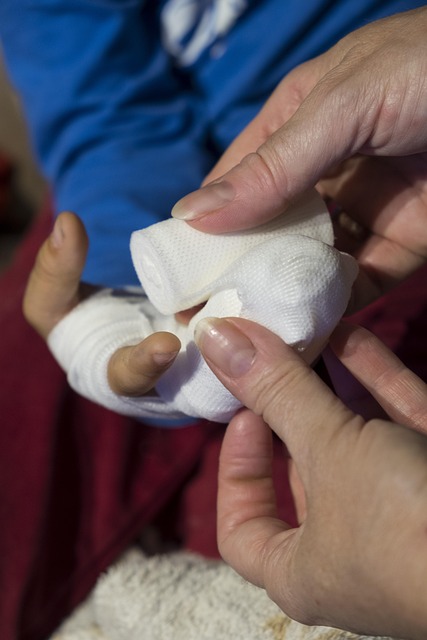After medical treatments and documentation, gathering comprehensive records, including healthcare and hospital information, is vital for injury claim processes. Specialized documentation may be needed for elder law cases. Consulting legal professionals ensures accurate document submission, timely filing, and improved successful claim outcomes. The final hearing demands thorough preparation, active listening, and effective communication. For complex cases, professional representation is crucial. Understanding compensation awards involves scrutinizing settlement details to protect clients' rights and secure fair outcomes throughout the injury claim process.
Finalizing an injury claim can be a lengthy journey, but understanding these crucial steps ensures a smooth closure. This comprehensive guide outlines the essential procedures to navigate the injury claim process successfully. Firstly, gather all necessary documentation, ensuring every detail is accurate and complete. Next, prepare for the final hearing, where your case will be presented. Upon receiving the compensation award, understand your rights and the implications. These steps empower individuals to effectively conclude their injury claim journey.
- Gather and Submit All Required Documentation
- Attend and Prepare for the Final Hearing
- Receive and Understand the Compensation Award
Gather and Submit All Required Documentation

After all medical treatments have been completed and the injury is documented, it’s crucial to gather and submit all required documentation for your injury claim process. This includes detailed records from healthcare providers, hospital stays, prescriptions, and any other relevant medical information that supports your case. Ensure these documents are organized and easily accessible to streamline the claims submission process.
For cases involving elder law concerns such as nursing home abuse or medical negligence, specific documentation may be required to prove neglect or malpractice. It’s important to consult with a legal professional experienced in these areas to understand the nuances of gathering evidence for your particular case. They can guide you through the process and ensure that all necessary documents are submitted accurately and on time, enhancing your chances of a successful injury claim outcome.
Attend and Prepare for the Final Hearing

The final hearing is a crucial step in the injury claim process where both parties present their cases and arguments before an adjudicator or judge. To prepare effectively, gather all necessary documents, evidence, and witness statements. Review your claim again to ensure it accurately reflects your injuries, losses, and the responsible party’s actions. This preparation is essential for a successful outcome.
During the hearing, listen attentively as both sides present their cases. Take notes on key points, timelines, and any discrepancies in testimonies. Remember that clear communication and a well-structured presentation can significantly impact the decision. Ensure your representation, whether legal or insurance company representatives, understands the unique details of your injury claim process, especially if it involves complex scenarios such as elder abuse or business litigation where breaches of fiduciary duty are alleged.
Receive and Understand the Compensation Award

After a thorough review and evaluation of your injury claim, the next crucial step is to receive and fully understand the compensation award offered by the insurance company or the liable party. This involves carefully examining the details of the settlement, including the amount, the terms, and any conditions attached. It’s essential to ensure that the award aligns with your expected client recovery and accounts for all related expenses and losses incurred due to the injury.
Understanding the compensation package is vital, especially when navigating complex legal matters such as elder law claims. In these cases, where fiduciary duty breaches may have occurred, clients and their representatives need to be adept at interpreting the terms of any settlement to safeguard the rights and best interests of the individual, ensuring a fair outcome throughout the injury claim process.
Closing out an injury claim is a crucial step towards healing and justice. By diligently gathering all necessary documentation, preparing comprehensively for the final hearing, and attentively understanding your compensation award, you navigate the injury claim process with confidence and ensure a favorable outcome. These final steps are essential for resolving your claim efficiently and ensuring your rights are protected.






